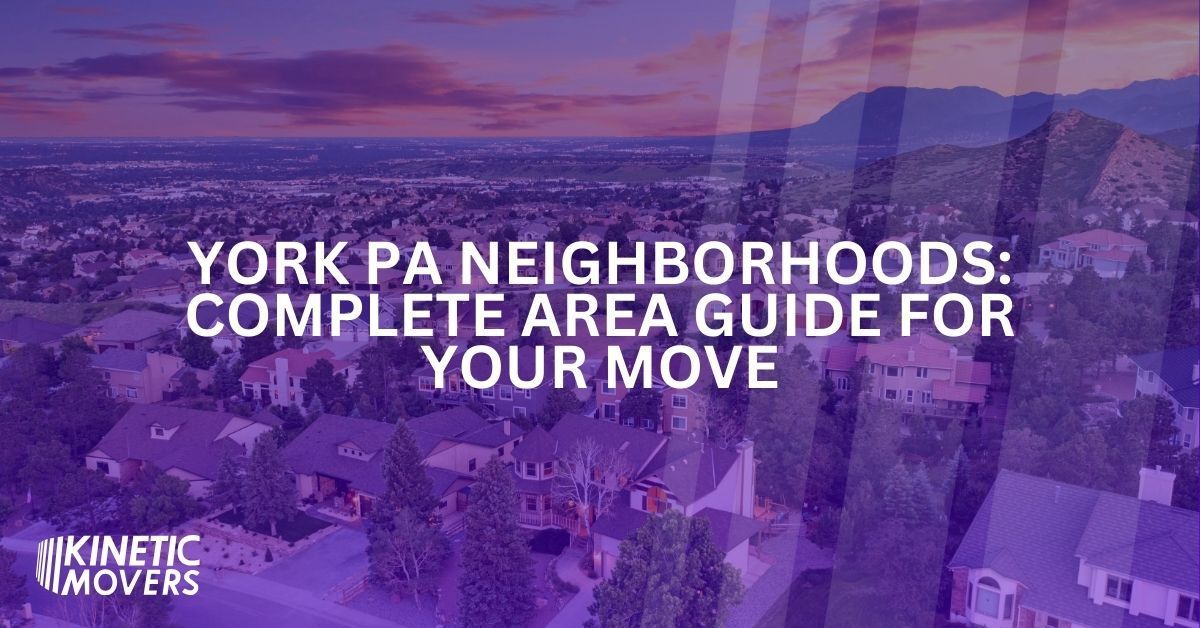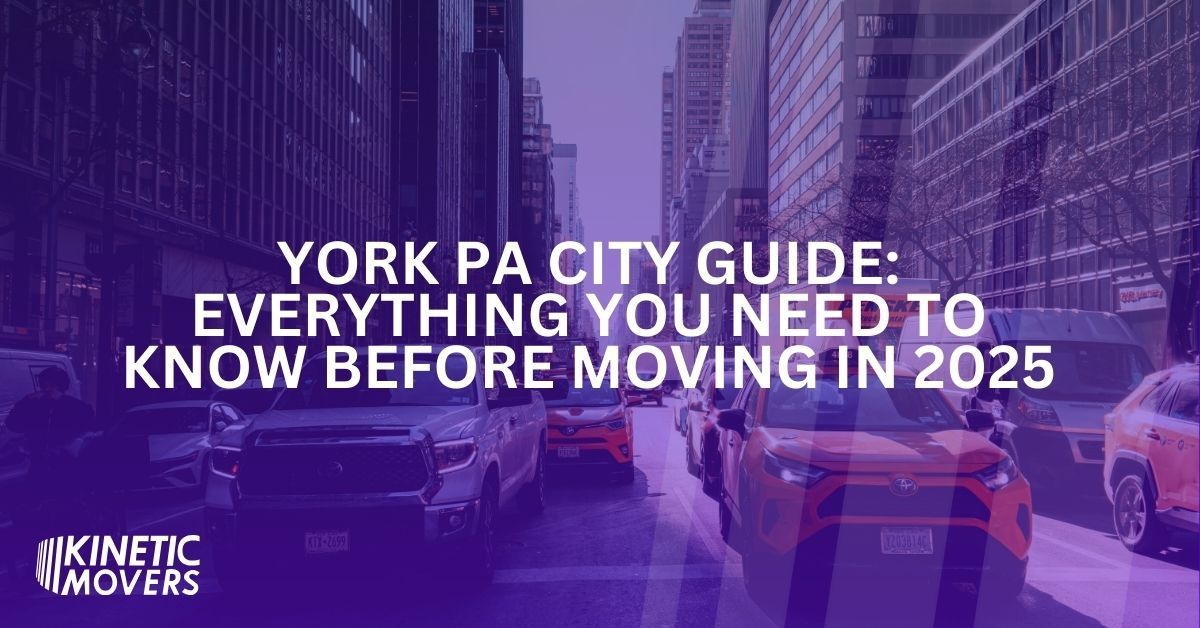Comprehensive Guide to Long Distance Moving Costs
Bryan Bloom • June 14, 2023
Are you planning a long-distance move? If so, you're probably wondering about the cost of moving. Moving expenses can vary widely depending on various factors, including the size of the move, the weight of goods, and the moving distance. This comprehensive guide includes everything you need about long-distance moving costs, from hiring
professional movers
to avoiding moving fraud.
Understanding Long Distance Moving Costs
When planning a long-distance move, you'll first want to understand the cost. This can be broken down into three main factors:
The moving price can vary greatly depending on the specifics of your Move. However, as a general rule of thumb, you can expect to pay between $.50 and $.70 per pound of goods moved 1,000 miles. Here's a rough estimate of what you might expect to pay based on the size of your home:
- Weight of goods: The more stuff you have, the more it will cost to move. This is because movers often charge based on the importance of your belongings.
- Distance of the Move: The further you move, the higher the cost. This is due to the increased fuel costs and the time the movers travel the distance takes.
- Additional services: If you need other services like packing and unpacking, disassembling and reassembling furniture, or storage, these will add to the overall cost of your Move.
Average Long Distance Moving Costs
The moving price can vary greatly depending on the specifics of your Move. However, as a general rule of thumb, you can expect to pay between $.50 and $.70 per pound of goods moved 1,000 miles. Here's a rough estimate of what you might expect to pay based on the size of your home:
Remember, these are just estimates. The actual cost could be higher or lower depending on various factors, including the time of the year and the moving company you choose.
Hiring Professional Movers vs. DIY Moves
Deciding between hiring professional movers or opting for a do-it-yourself (DIY) approach is crucial. Both options have their merits, but it's essential to consider your specific needs and circumstances.
Hiring Professional Movers:
- Expertise and Efficiency: Professional movers have the experience and knowledge to handle all aspects of the move efficiently. They have the tools and techniques to ensure a smooth and swift relocation.
- Reduced Stress: Entrusting your move to professionals alleviates the stress associated with packing, loading, and transportation. They take care of the logistics, allowing you to focus on other aspects of your move.
DIY Moves:
- Cost-Effectiveness: DIY moves can be more budget-friendly, especially if you have a small load or limited belongings. You have control over expenses and can choose cost-effective alternatives.
- Flexibility and Personalization: With a DIY move, you can customize the process according to your preferences. You can pack and unpack quickly and handle fragile items with extra care.
Cost of Hiring Professional Movers
Hiring professional movers can take a lot of the stress out of moving. They'll handle everything from packing and loading to driving and unloading. However, this convenience comes at a cost. Here's what you might expect to pay for local and long-distance moves:
Cost of DIY Moves
If you're on a tight budget, a DIY move might be a more affordable option. However, remember that while you might save money, you'll be investing a lot more time and effort. Here's what you might expect to pay for various DIY moving options:
Additional Costs in Long-Distance Moves
- Packing and unpacking services: If you need more time or energy to pack and unpack your belongings, you can hire professionals to do it for you. This service typically costs $25-$50 per hour per packer .
- Specialty moving services: If you have large, heavy, or delicate items like pianos, pool tables, or artwork, you may need to pay extra for specialty moving services.
- Auto moving and shipping: If you're not driving your car to your new home, you must pay to have it shipped. This can cost anywhere from $500 to $1,500, depending on the distance and size of the vehicle.
- Moving insurance: While all moving companies provide primary liability coverage for free, consider purchasing additional moving insurance for peace of mind. The cost will depend on the value of your belongings and the coverage level you choose.
- Storage solutions: If there's a gap between when you move out of your old home and into your new one, you might need to pay for storage. The cost will depend on the size of the unit and the length of time you need it.
How to Save on Your Long-Distance Move
- Declutter: The less you have to move, the less it will cost. Consider selling, donating, or throwing away items you no longer need or want.
- Gather free packing materials: Instead of buying boxes and packing paper, see if you can get them for free from local stores or friends and family who have recently moved.
- Move during the off-peak season: Moving companies often charge more during the busy summer months and on weekends. Try to schedule your Move for a weekday during the fall or winter.
- Get multiple quotes: Prices can vary significantly from one moving company to another, so get quotes from at least three companies.
Understanding Moving Estimates
- Non-binding estimates: These are estimates of what the Move will likely cost based on the weight of your belongings and the distance of the Move. However, the final cost could be higher or lower.
- Binding estimates: These are guarantees that the final price will be, at most, the estimated amount as long as you don't add items to your Move or request additional services.
Avoiding Long-Distance Moving Fraud
- The mover provides a quote over the phone without conducting an in-home survey.
- The mover asks for a large deposit before the Move.
- The mover doesn't provide a written estimate or contract.
- The mover doesn't have a physical address, license, or insurance.
Understanding the costs of long-distance moves can help you budget effectively and avoid surprises. Whether you hire professional movers or do it yourself, being prepared and knowing what to expect can make your move much smoother. Remember, choosing the option that best fits your needs and budget is the most important thing. Happy moving!




